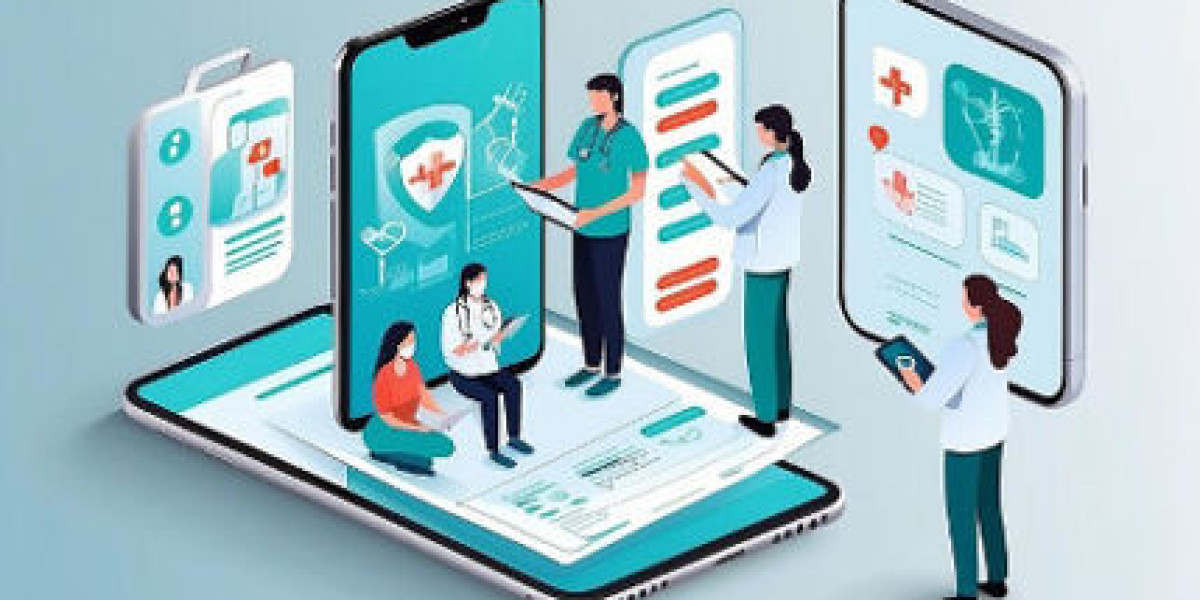In today’s digital age, mobile apps have become crucial for businesses seeking to engage with users and drive growth. However, many startups and small businesses face the challenge of building a high-quality app while working with limited resources. If you’re navigating this landscape, understanding how to effectively manage your resources is key to success. This article explores practical strategies for building an app with limited resources, and how partnering with a reputable mobile app development company Houston can help you achieve your goals efficiently.
1. Define Clear Objectives
Before diving into app development, it’s essential to clearly define your objectives. Ask yourself:
- What problem is your app solving?
- Who is your target audience?
- What are the core features required to meet your objectives?
By focusing on a well-defined goal, you can avoid unnecessary features and prioritize essential functionalities. This streamlined approach helps conserve resources and ensures that your app remains focused on delivering value to users.
2. Start with a Minimum Viable Product (MVP)
Building a Minimum Viable Product (MVP) is a strategic approach when working with limited resources. An MVP includes only the core features necessary to address the primary needs of your target audience. This approach allows you to:
- Test your concept in the market with minimal investment.
- Gather valuable feedback from early adopters.
- Refine and expand your app based on real user data.
Developing an MVP helps you validate your idea before committing extensive resources to a fully-featured app.
3. Leverage Open-Source Tools and Frameworks
Utilizing open-source tools and frameworks can significantly reduce development costs. These resources are often freely available and come with a wide range of pre-built components that can accelerate development. Some popular open-source tools include:
- React Native: For building cross-platform apps with a single codebase.
- Firebase: For backend services like authentication and real-time databases.
- Bootstrap: For responsive and mobile-first web design.
Incorporating open-source solutions allows you to build robust applications without the need for extensive custom coding, saving both time and money.
4. Outsource Wisely
Outsourcing can be a cost-effective way to access specialized skills without the overhead of hiring full-time employees. When outsourcing app development, consider:
- Mobile App Development Company Houston: Partnering with a mobile app development company houston (local company) can provide expertise in developing high-quality apps while keeping you informed and involved throughout the process.
- Freelancers: For specific tasks such as UI/UX design or quality assurance, freelancers can offer flexibility and lower costs.
Choose outsourcing partners carefully to ensure they align with your project goals and can deliver on time and within budget.
5. Focus on User Experience (UX)
A great user experience is crucial for the success of any app. With limited resources, prioritize creating an intuitive and user-friendly interface. Key UX considerations include:
- Simplicity: Ensure your app’s design is clean and straightforward.
- Usability: Make navigation easy and ensure users can accomplish tasks with minimal effort.
- Performance: Optimize your app’s performance to avoid slow load times and crashes.
A well-designed UX can significantly impact user satisfaction and retention, making it a worthwhile investment even when resources are constrained.
6. Prioritize Essential Features
When resources are limited, it’s vital to prioritize features that deliver the most value to users. Avoid the temptation to include every feature you envision. Instead, focus on:
- Core Functionality: Features that address the primary problem your app aims to solve.
- High-Impact Features: Functions that differentiate your app from competitors and provide significant user benefits.
By concentrating on essential features, you can launch a product that meets user needs while staying within your resource constraints.
7. Iterate and Improve
Building an app is not a one-time process; it involves continuous improvement based on user feedback and market trends. Post-launch, monitor app performance, user feedback, and usage data to identify areas for enhancement. Iterative development allows you to:
- Make data-driven decisions on which features to add or improve.
- Release updates and fixes progressively.
- Adapt to changing user needs and technological advancements.
Embrace a growth mindset and use feedback as a tool to refine and enhance your app over time.
8. Use Project Management Tools
Effective project management is crucial for optimizing limited resources. Utilize project management tools to:
- Track progress and manage tasks.
- Communicate with your development team.
- Set deadlines and manage budgets.
Tools like Trello, Asana, and Jira can help keep your project on track and ensure that resources are allocated efficiently.
9. Optimize Development Costs
To maximize your budget, consider:
- Negotiating Rates: If working with a mobile app development company Houston or freelancers, negotiate rates and explore flexible payment options.
- Phased Development: Implement features in phases, starting with the most critical ones and gradually adding enhancements.
By managing costs effectively and using a phased approach, you can stretch your resources further and achieve better results.
10. Build a Strong Support System
Creating an app with limited resources requires a strong support system. Engage with:
- Mentors and Advisors: Seek guidance from industry experts who can offer valuable insights and advice.
- User Communities: Connect with user communities and forums to gather feedback and support.
A solid support network can provide additional resources, advice, and encouragement throughout the development process.
Conclusion
Building an app with limited resources can be challenging, but with the right strategies, it is entirely feasible. By focusing on clear objectives, starting with an MVP, leveraging open-source tools, and working with a mobile app development company Houston, you can effectively manage your resources and bring your app to market successfully. Prioritizing user experience, iterating based on feedback, and utilizing project management tools further enhance your chances of success.
In the competitive world of app development, strategic planning and efficient resource management are crucial. By applying these strategies, you can create a valuable app that meets user needs and stands out in the marketplace, even with limited resources.








